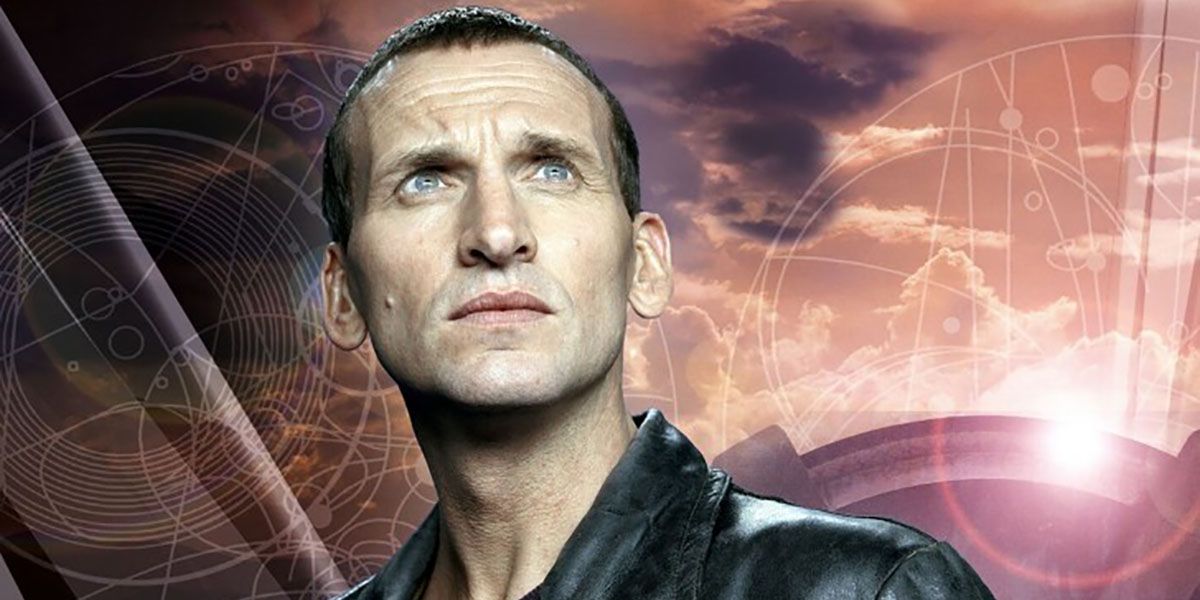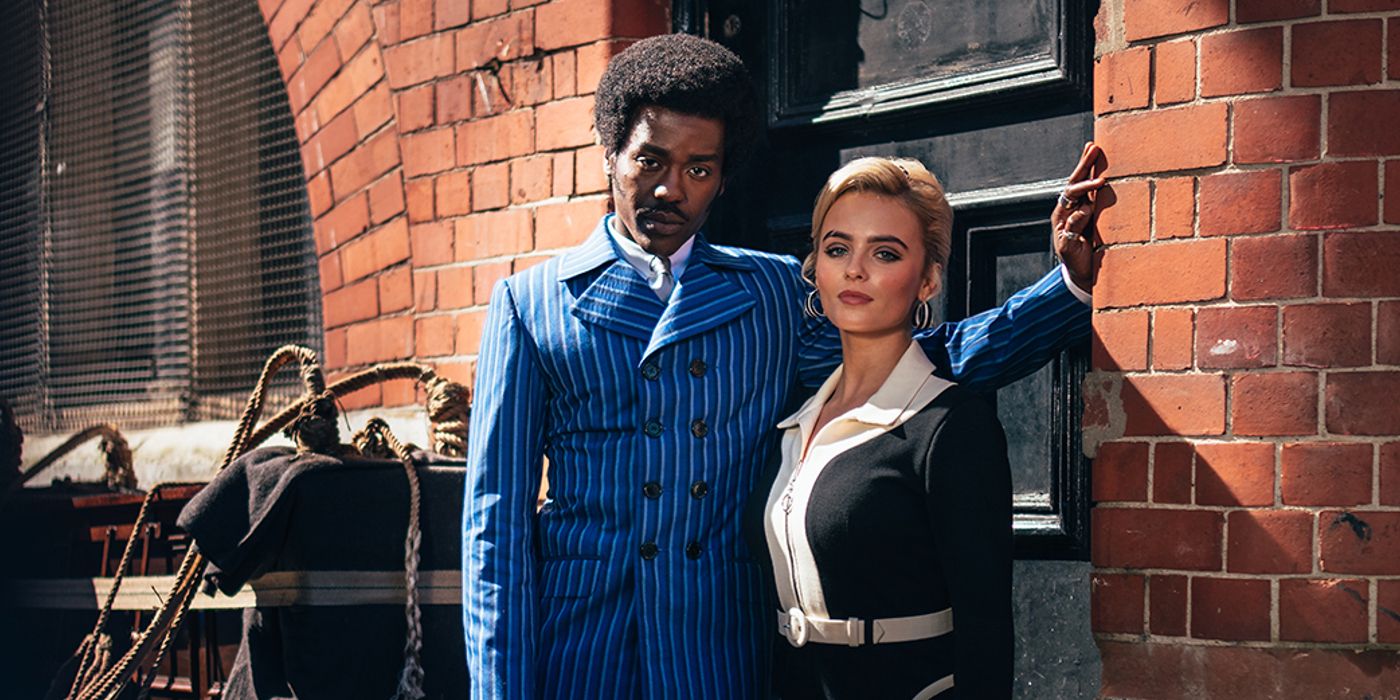Despite being able to travel anywhere in time and space, the Doctor hasn't always been one for taking on alien landscapes. When Doctor Who returned to television screens in 2005, under showrunner Russell T Davies, the series needed to re-establish itself as a serious drama. In the final days of its classic run, which came to an end in 1989, Doctor Who had gained a reputation as an underwhelming, low-budget sci-fi show that was ripe for ridicule. Reviving the series was always going to be a risk and Davies wanted to ensure modern Doctor Who wouldn't fail to impress.
When the modern series launched in 2005, with Christopher Eccleston taking up the TARDIS controls as the Ninth Doctor, alongside Billie Piper as Rose Tyler, there wasn't a single alien planet in sight. In fact, only three stories in Season 1 didn't take place on Earth and all of these were set on space stations -- in fact, two of those stories were set on the same space station. Over subsequent seasons, glimpses of alien planets started to sneak in, but these settings remained a rarity during Russell T Davies' tenure. So what was Davies' issue with otherworldly landscapes?
Russell T Davies Understood Doctor Who's Limitations
As showrunner, Russell T Davies wasn't necessarily opposed to taking Doctor Who to alien planets. However, he tended to avoid exploring exterior environments in such stories, instead confining the Doctor and his companions to interior settings. Season 2's opening episode, "New Earth," featured minimal exterior shots of New Earth, with the majority of the action taking place inside a New New York Hospital. "The Impossible Planet" took place mainly inside the metal corridors of Sanctuary Base 6. When "Gridlock" returned to New Earth, the action was largely confined to the interiors of citizens' cars.
Davies has explained that avoiding extraterrestrial landscapes was a deliberate decision, designed to play to the strengths and the limitations of television. Discussing Doctor Who in an interview for the BBC's Mark Lawson Talks To... back in 2008, Davies touched upon the reasoning for avoiding alien worlds. He explained that "only cinema can truly afford massive, great big alien landscapes," going on to point out that even high-budget shows struggled in this regard. He cited the efforts of NBC's Heroes to recreate feudal Japan as evidence of television's difficulty in transporting audiences to other landscapes.
Russell T Davies is Bringing Doctor Who Into a New Era
With Russell T Davies back at the helm of Doctor Who, the series is returning later in 2023 with three new specials starring David Tennant and Catherine Tate for the series' 60th anniversary. For Season 14 in 2024, new Doctor Ncuti Gatwa will be taking the keys to the TARDIS. The series Davies is coming back to is very different from the one he left behind. In the years since his departure, Doctor Who has continued to grow in ambition, and now with Disney+ picking up the series, it is enjoying a bigger budget than ever. Those alien landscapes may not be so difficult to create anymore.
Television has also radically changed as a whole since Davies' original tenure on Doctor Who. The dominance of streaming services and creating big-budget shows has transformed TV into a far more cinematic medium. Series such as Game of Thrones and The Mandalorian have shown television series can rival Hollywood blockbusters in scope and ambition. Thanks to its bigger budget, advances in technology and its growing tendency to shoot all over the world, Doctor Who may be gearing up to deliver a more ambitious and more alien view of the universe than ever before.
Doctor Who returns on BBC One and Disney+ this November.



